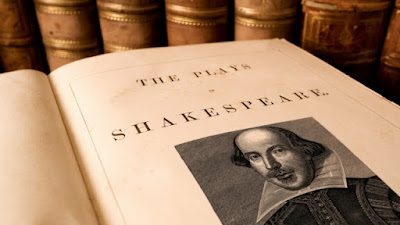Writing
A Bard's Lament - Short Story
Firewall - Poem
Change. - Poem
'Lord of the Rings' and 'The Picture of Dorian Gray' - Comparative Essay
'Hamlet' and 'Endgame' - Comparative Essay
Firewall - Poem
Change. - Poem
'Lord of the Rings' and 'The Picture of Dorian Gray' - Comparative Essay
'Hamlet' and 'Endgame' - Comparative Essay

Comments
Post a Comment